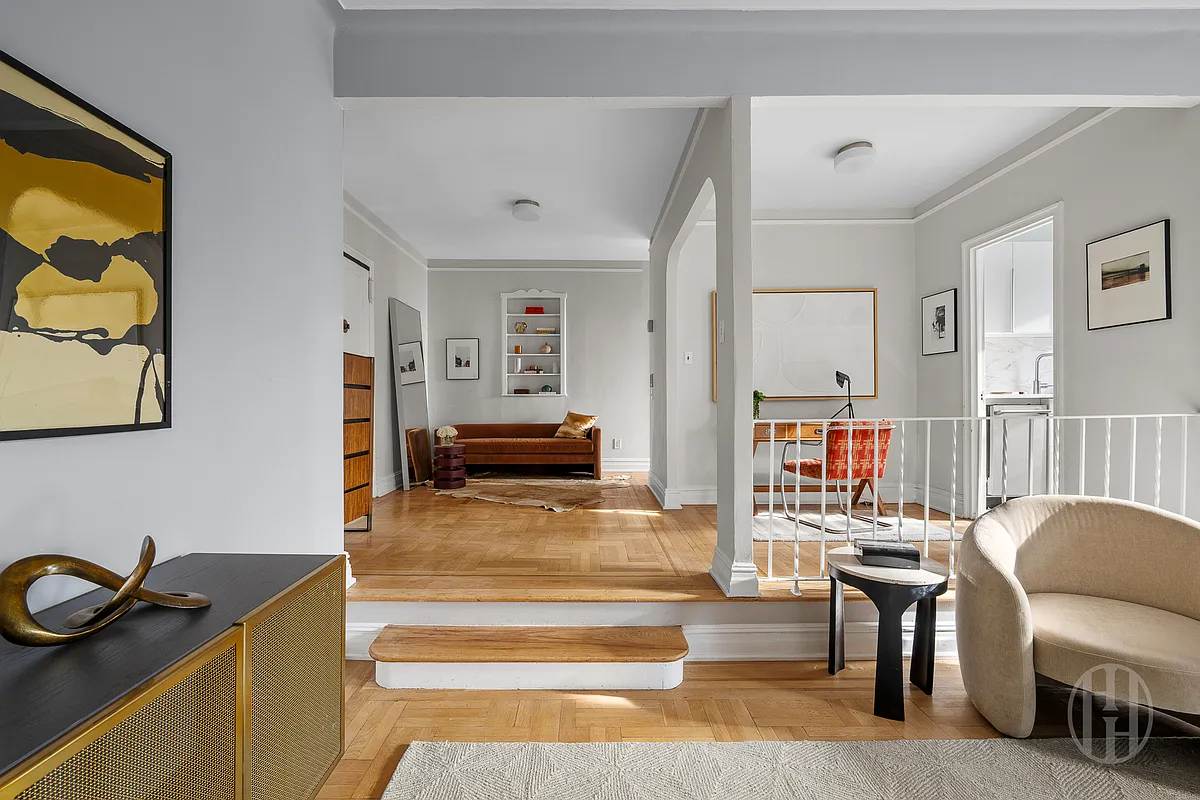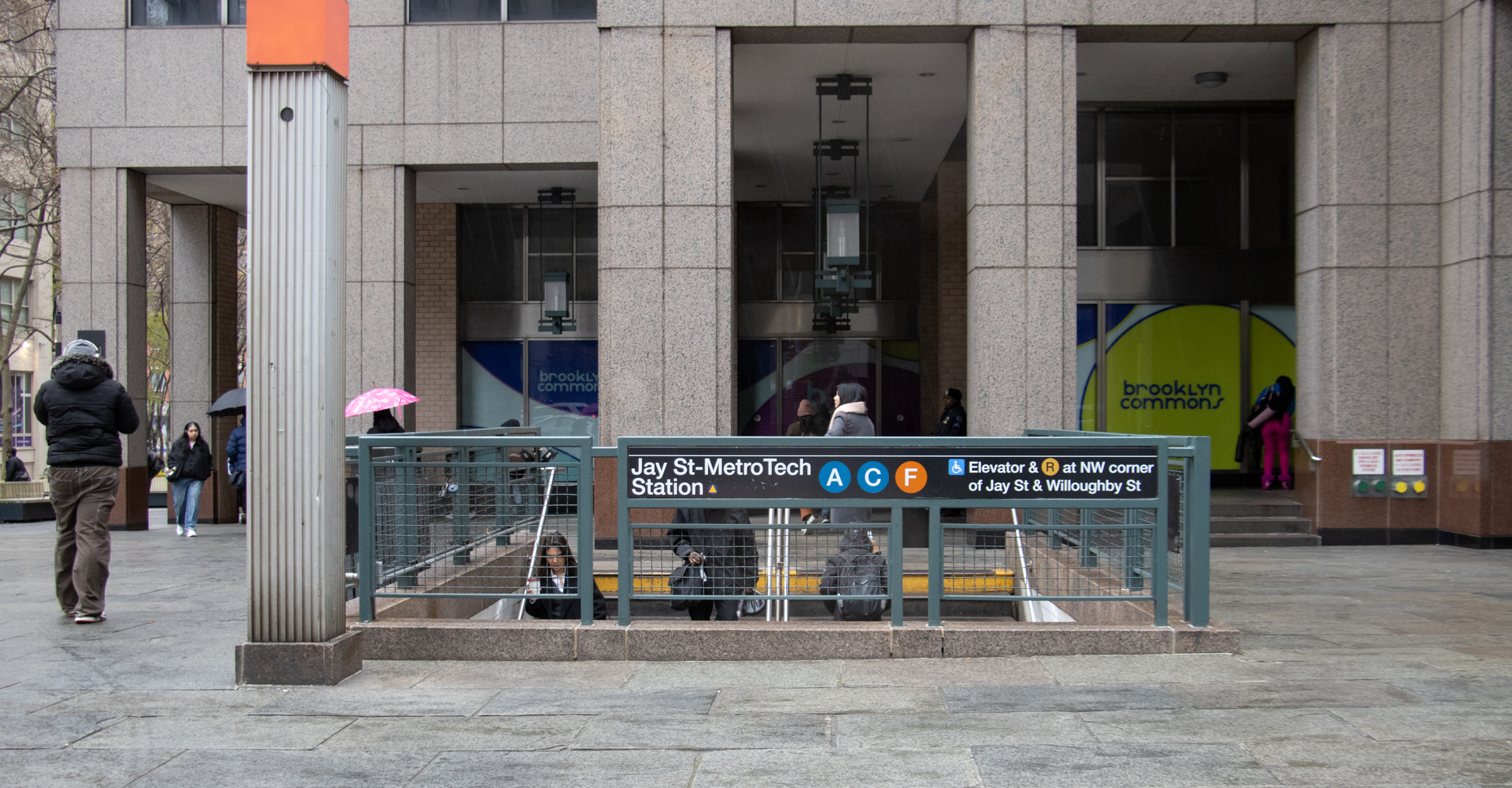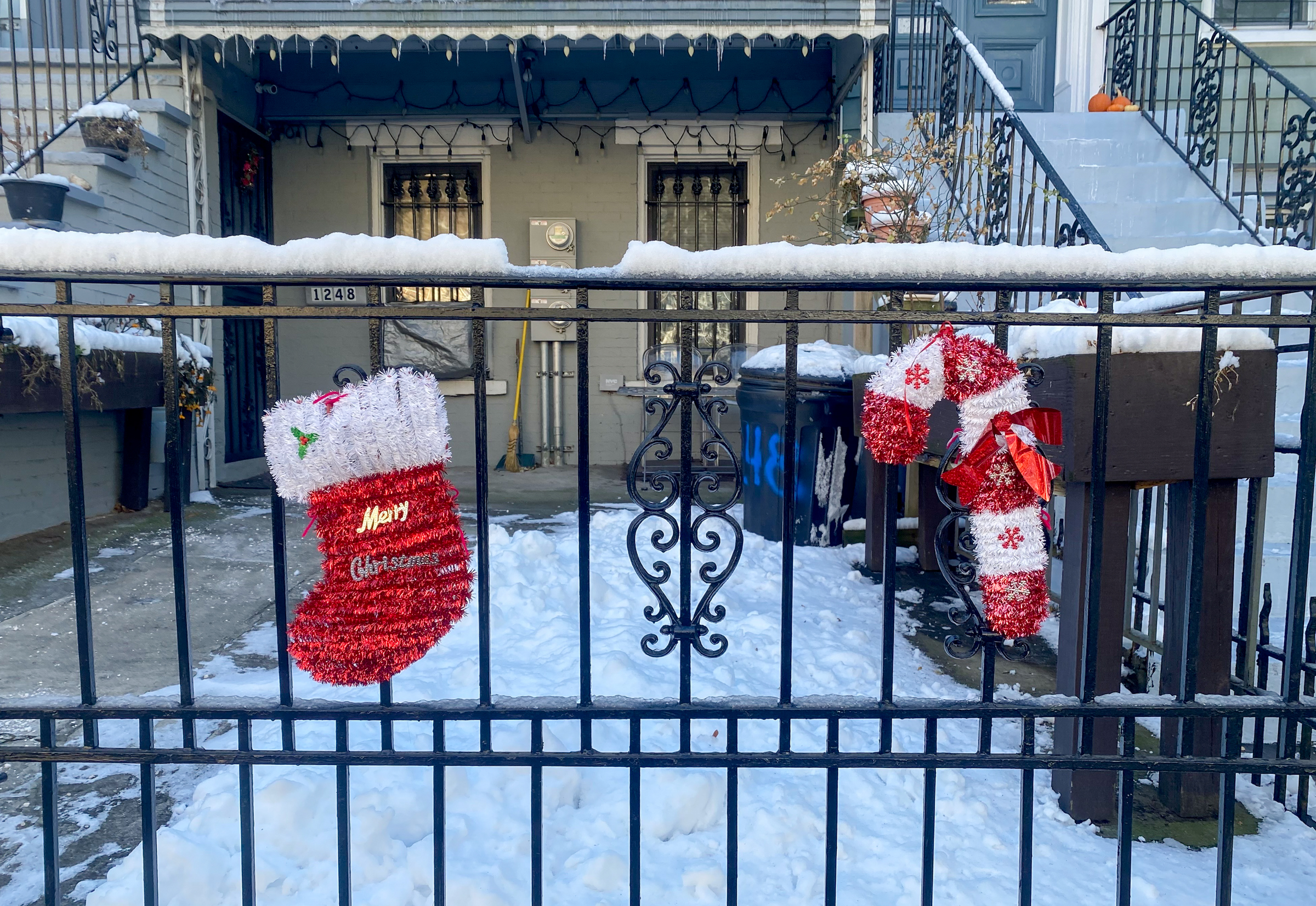52 Clark Street Going Condo?
Something’s afoot at 52 Clark Street, the 141-unit prewar apartment building in Brooklyn Heights. The building is currently a rental, with some of the apartments still covered by rent stabilization. All that may start to change very soon, if an email we received from a resident turns out to be on the money. According to…


Something’s afoot at 52 Clark Street, the 141-unit prewar apartment building in Brooklyn Heights. The building is currently a rental, with some of the apartments still covered by rent stabilization. All that may start to change very soon, if an email we received from a resident turns out to be on the money. According to the email, the tipster has received a couple of notices from the landlord (who’s owned the building since 1999) that her lease would not be renewed. Upon calling the management office, she was told that none of the leases in the building were being renewed. The only possible explanation we can think of? You guessed it, conversion. GMAP P*Shark





This was originally an apartment hotel named “The Clark Lane”. I have a postcard showing the lobby (including the wonderful tiles on the walls and floor, now covered over in a case of architectural vandalism by the current owner). The caption on the back of the postcard reads, “The Clark Lane – Brooklyn, Four Minutes from Wall Street. The ideal fireproof Apartment House with hotel facilities in aristocratic Brooklyn Heights.”
the floors are cork. a material that is trendy again for flooring. it is weirdly silent.
Cork
Yep, that’s the building I looked at. It definitely had the feel of a “residence hotel”. I mostly recall thinking that I would be terribly depressed to live in one of those apartments. The ones I saw were dark, small, no views, etc. and I there was something weird about the floors…were they concrete? Memory is a little vague at this point. I expect that the neighbors would be entertaining, though.
Most of these old apartment buildings are near-wrecks when they are converted, they then go through a ten to twenty year evolution where every little thing is changed and every little thing is upgraded and eventually they become nice, high-class dwellings. It is a lot of work but it will just come naturally to you and your fellow shareholders. you cannot expect a landlord, burdened by rent regulations, to maintain a building to the same standards that owner-occupants will. all old co-ops have been through it, believe me it is worth it. ownership, ownership, ownership, that is all that matters.
I have lived there in a rent stabilized 1-bedroom for over 10 years (got in with a low rent)and have seen it go from a building with decrepit hallways (old carpeting, dim lighting etc) and a tired but lovely lobby to much improved hallways and a new if less charming lobby but that’s about it. The kitchens are TINY, there are 5 refurbished washers for 141 units (often breaking down and costing $2 a load to boot), and ancient plumbing and wiring. I just can’t imagine anyone would be willing to plonk down the money management would charge to buy these apartments. And if they decided to turn the the units into real condos, the renovation would be a huge and expensive undertaking. As someone mentioned above, it is indeed a disappearing example of an earlier era.
It was probably a residence hotel. apartments with small or no kitchens for working folks who would eat out or in the building’s communal dining room. There are several of these buildings in the Heights. They usually have fancy lobbies and small apartments. Rent contol froze the tenants in place and many grew old in the “young bachelor’s” studios originally intended for people just starting out.
It still is, but in a mostly amusing way.
I think this building may have been a hotel at one time. Anyone know of its history?
Still, even if a tenant is rent stablized, that doesn’t stop landlords from sending notices that (1) the lease won’t be renewed, or (2) the rent is going up in an amount greater than the rent stablization rules allow.
Though it is illegal to not renew or to raise the rent more than allowed under rent stablization rules, it is up to the tenants to know their rights and enforce them.
Landlords will send these letters of illegal action on their part because there is a chance they will cause tenants to vacate who either don’t know their rights under rent stabilization laws, or would rather move on than spend time, energy and money fighting illegal landlord actions.
Brownstoner, you would do well to tell your tipster to find out what her rights are, if she isn’t already aware of them.
And I find it odd that you didn’t mention that if some units/tenants are rent stablized, an owner just can’t legally send out notices that no leases will be renewed. I find your writing here to be a bit disingenuous – surely you can’t be unaware that a planned conversion does not allow a landlord to simply renew no leases in a building of a size where it is highly likely that some units come under rent stabilization law and thus can’t have their leases unilaterally ended by the landlord.